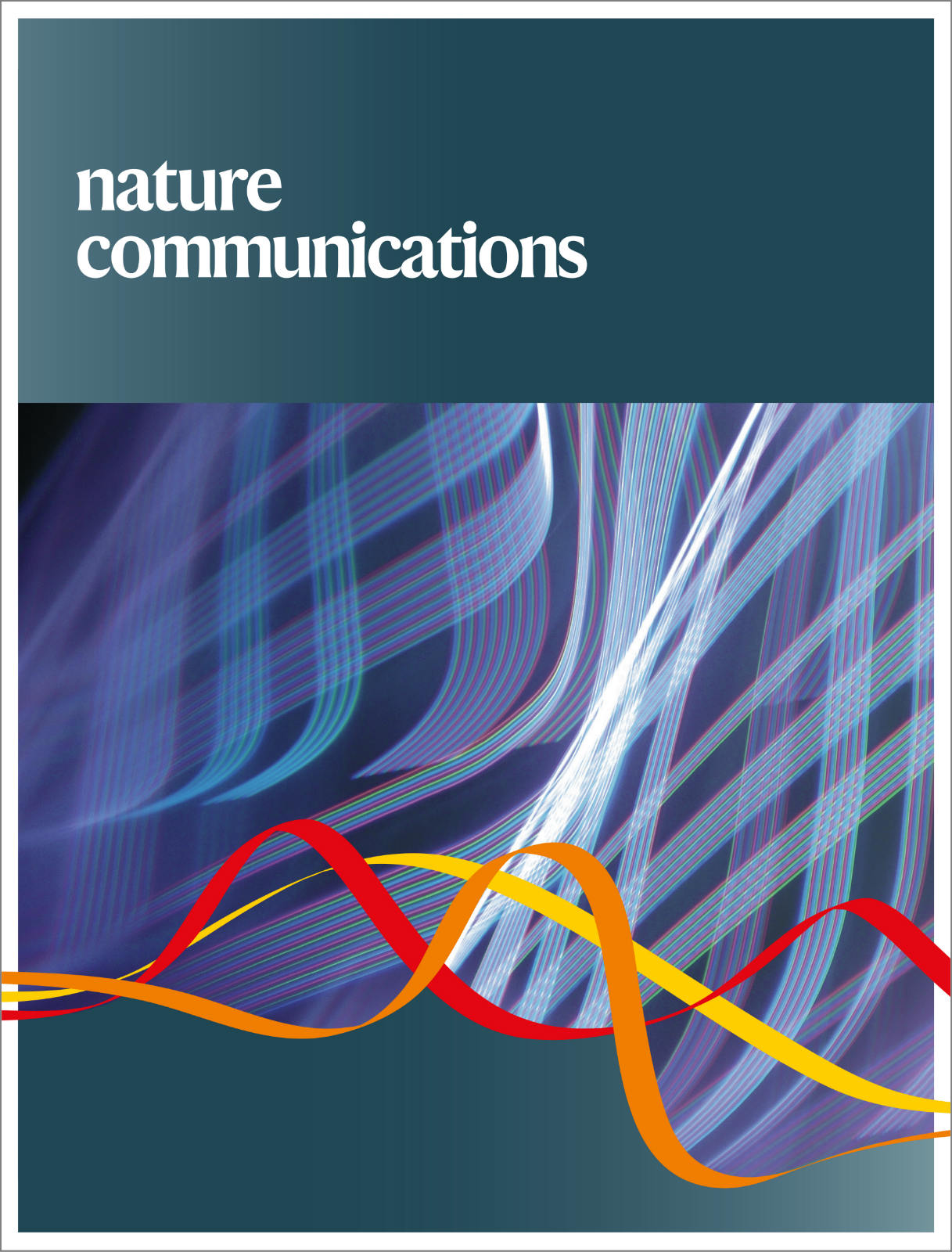Mosquito salivary sialokinin reduces monocyte activation and chikungunya virus-induced inflammation via neurokinin receptors.
IF 15.7
1区 综合性期刊
Q1 MULTIDISCIPLINARY SCIENCES
引用次数: 0
Abstract
Global warming is expanding mosquito habitats and increasing mosquito-borne diseases. In tropical and sub-tropical regions, chikungunya virus (CHIKV) transmitted by Aedes mosquitoes has become a major concern due to the debilitating chronic joint disease it causes. Mosquito saliva contains bioactive factors that enhance viral infection, with sialokinin identified as a key contributor to vascular leakage and viral spread in mice. Here, we demonstrate that sialokinin binds to neurokinin receptors and restricts the activation of human myeloid cells. Mechanistically, sialokinin facilitates early viral dissemination, as evidenced by increased viral load in the contralateral footpad at 1 day post-infection, and significantly reduces circulating CD169+ monocytes while suppressing IFN-γ-producing T-cell-driven inflammation, as reflected by reduced joint footpad swelling in female CHIKV-infected mice. Clinically, patients with severe CHIKV disease exhibited higher levels of IgG antibodies against sialokinin, which correlated with higher viral loads and systemic inflammatory markers. Our findings highlight the multifaceted role of sialokinin in facilitating early viral dissemination and modulating host immunity during CHIKV infection. Given the growing threat of mosquito-borne diseases in a warming, disease-burdened world, targeting mosquito salivary factors like sialokinin could offer a novel therapeutic strategy to mitigate viral-induced inflammation and improve clinical outcomes.蚊子唾液唾液激肽通过神经激肽受体减少单核细胞活化和基孔肯雅病毒诱导的炎症。
全球变暖正在扩大蚊子的栖息地,增加蚊子传播的疾病。在热带和亚热带地区,由伊蚊传播的基孔肯雅病毒(CHIKV)由于其引起的使人衰弱的慢性关节疾病而成为一个主要问题。蚊子唾液中含有增强病毒感染的生物活性因子,其中唾液激酶被认为是小鼠血管渗漏和病毒传播的关键因素。在这里,我们证明了唾液分裂素与神经分裂素受体结合并限制了人类髓细胞的激活。在机制上,sialkinin促进早期病毒传播,如感染后1天对侧足垫病毒载量增加,并显著减少循环CD169+单核细胞,同时抑制产生IFN-γ的t细胞驱动的炎症,如雌性chikv感染小鼠关节足垫肿胀减少。在临床上,严重的CHIKV疾病患者表现出更高水平的抗唾液分裂蛋白IgG抗体,这与更高的病毒载量和全身炎症标志物相关。我们的研究结果强调了涎腺分裂蛋白在促进早期病毒传播和调节宿主免疫方面的多方面作用。考虑到在一个变暖、疾病负担沉重的世界里,蚊子传播的疾病的威胁越来越大,针对蚊子唾液因子(如唾液分裂蛋白)可能提供一种新的治疗策略,以减轻病毒引起的炎症,改善临床结果。
本文章由计算机程序翻译,如有差异,请以英文原文为准。
求助全文
约1分钟内获得全文
求助全文
来源期刊

Nature Communications
Biological Science Disciplines-
CiteScore
24.90
自引率
2.40%
发文量
6928
审稿时长
3.7 months
期刊介绍:
Nature Communications, an open-access journal, publishes high-quality research spanning all areas of the natural sciences. Papers featured in the journal showcase significant advances relevant to specialists in each respective field. With a 2-year impact factor of 16.6 (2022) and a median time of 8 days from submission to the first editorial decision, Nature Communications is committed to rapid dissemination of research findings. As a multidisciplinary journal, it welcomes contributions from biological, health, physical, chemical, Earth, social, mathematical, applied, and engineering sciences, aiming to highlight important breakthroughs within each domain.
 求助内容:
求助内容: 应助结果提醒方式:
应助结果提醒方式:


